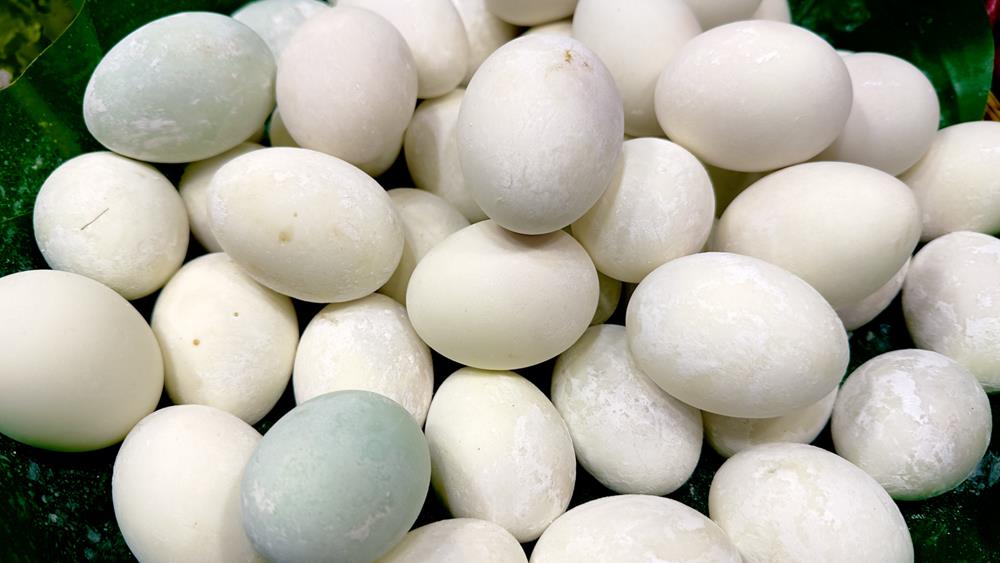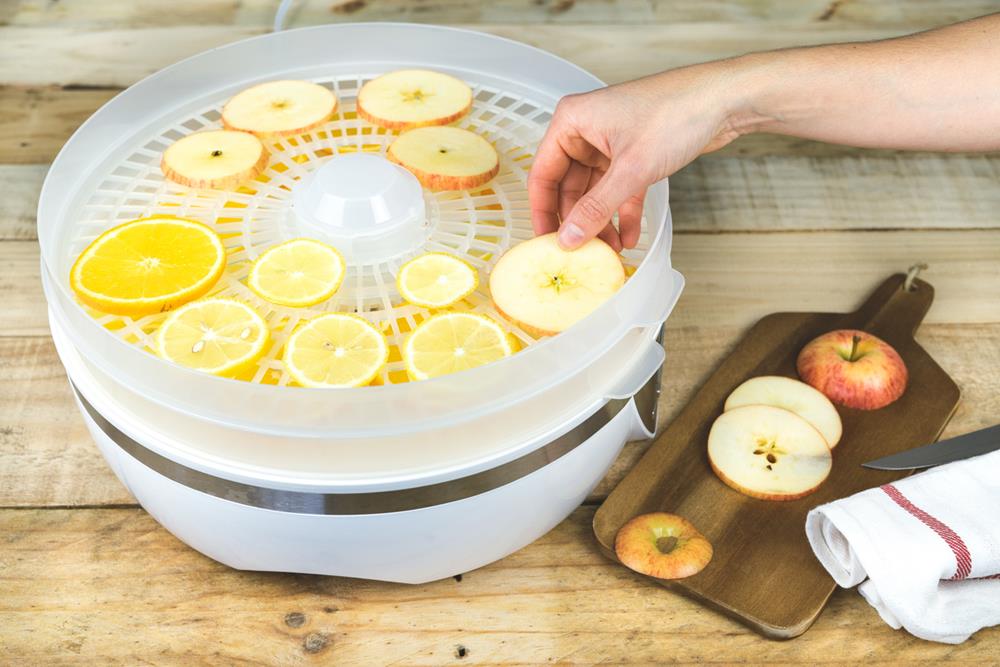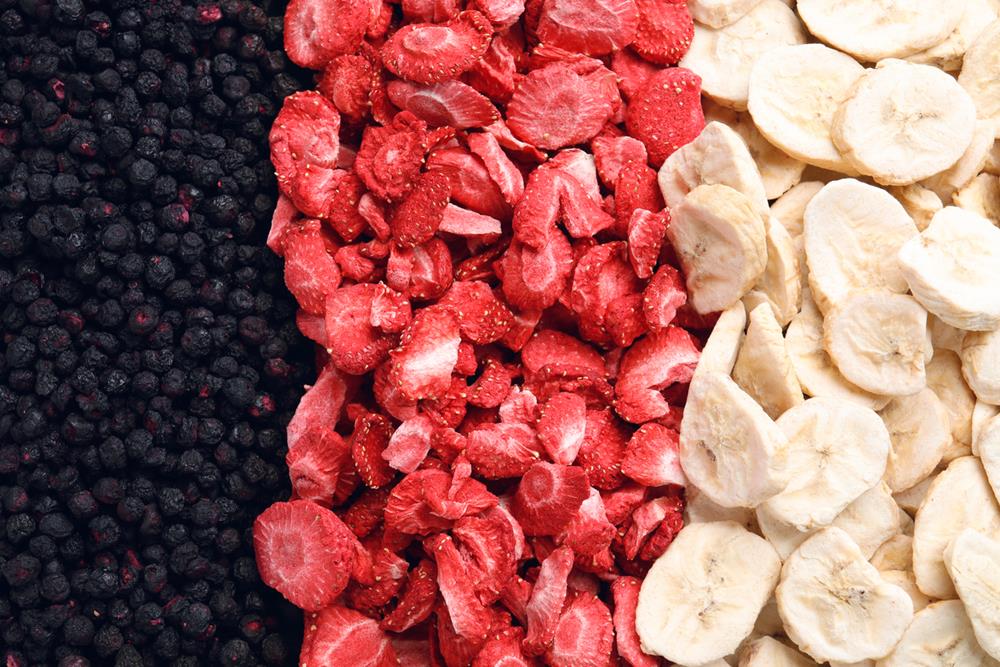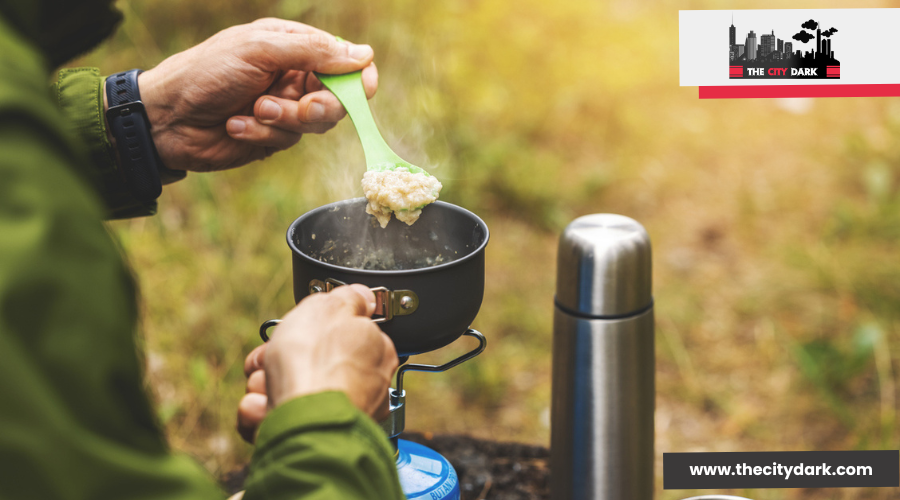Dried Eggs Vs Powdered Eggs: Which Should You Choose?
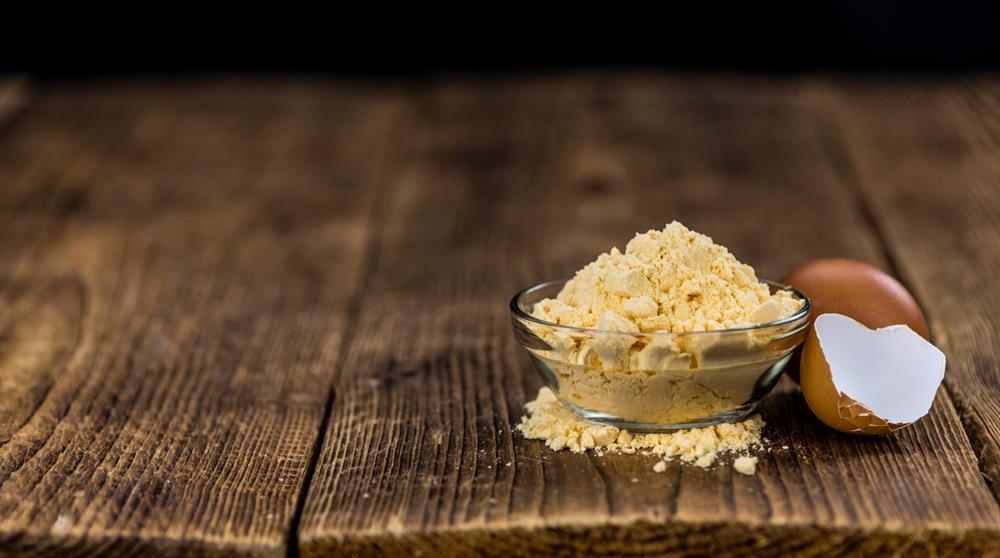
When it comes to long-term food storage or convenient cooking options, dried and powdered eggs are two popular choices. They’re lightweight, shelf-stable, and packed with protein—but what’s the difference between them? And which one is better for your needs?
In this article, we’ll break down how dried and powdered eggs compare in terms of texture, taste, shelf life, nutrition, and how they’re best used—so you can make an informed choice for your pantry, camping trip, or emergency prep kit.
| Feature | Dried Eggs | Powdered Eggs |
|---|---|---|
| Processing Method | Typically spray or drum dried | Includes dehydrated and freeze-dried forms |
| Reconstitution | Mix with water; may have slightly gritty texture | Easy to rehydrate; smooth and consistent results |
| Usage in Recipes | Good for basic recipes, though texture may vary | Highly versatile for baking, cooking, and delicate dishes like meringues |
| Texture | More concentrated or cooked flavor; denser results | Lighter, fluffier consistency when rehydrated |
| Taste | May not closely mimic fresh eggs | Freeze-dried options often taste very similar to fresh eggs |
| Shelf Life | 5–10 years with proper storage | Up to 25 years (especially freeze-dried) |
| Storage Tips | Store in a cool, dry, dark place; use airtight containers after opening | Use Mylar bags with oxygen absorbers for longest shelf life |
| Nutritional Profile | Retains most nutrients; some vitamin loss from heat | High in protein and essential nutrients; less nutrient loss in freeze-dried types |
| Product Options | Usually whole eggs | Available as whole egg, yolk, or egg white powder |
| Cost | Higher upfront cost, but fewer replacements over time | More affordable in bulk; good value for infrequent use |
| Best For | General food storage, basic recipes | Long-term storage, camping, baking, and emergency kits |
| Refrigeration Required | No | No |
Understanding Dried Eggs and Powdered Eggs
At first glance, dried eggs and powdered eggs may seem interchangeable—but there are important differences that can help you choose the right option for your needs.
Dried eggs are typically made through spray drying or drum drying, removing moisture to create a shelf-stable product. Powdered eggs is a broader category that includes both dehydrated and freeze-dried forms, offering slightly different textures and shelf life depending on the process.
These products are popular for emergency food storage, camping, and convenient everyday use thanks to their long shelf life and ease of storage. Within the powdered category, you’ll find options like whole egg powder, egg yolk powder, and egg white powder. Whole egg powder is great for general cooking and baking, while egg white powder is perfect for recipes that require whipping, like meringues or soufflés.
When mixed with water, both dried and powdered eggs can be reconstituted to closely mimic fresh eggs, making them a versatile and practical substitute in a variety of dishes.
Reconstitution Methods for Dried and Powdered Eggs
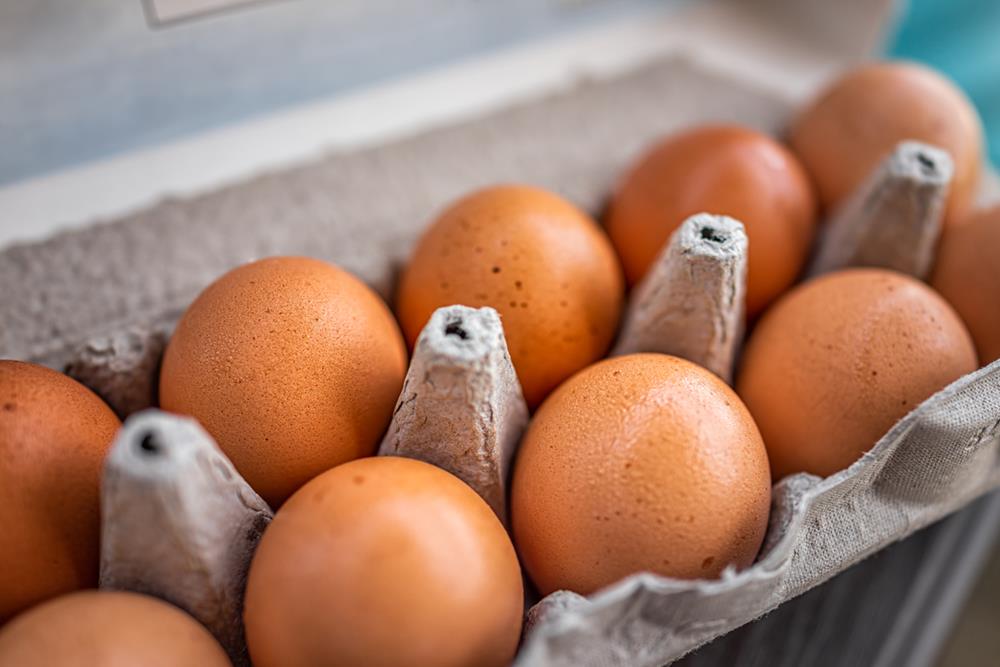
Now that you know the differences between dried and powdered eggs, the next step is learning how to use them effectively in your recipes.
Reconstitution is essential for getting the right texture and functionality, whether you're using whole egg powder, yolk powder, or egg white powder.
Whole Eggs: Mix 1 tablespoon of egg powder with 2 tablespoons of water to replace one fresh egg. Use a whisk or blender to achieve a smooth consistency.
Egg Yolks: Combine 1 tablespoon of yolk powder with 2 tablespoons of water to add richness and color to sauces, custards, or baked goods.
Egg Whites: Rehydrate with a 1:1 ratio of powder to water. Once reconstituted, they can be whipped into stiff peaks—perfect for meringues, macarons, and other delicate recipes.
Always refer to the manufacturer’s instructions, as ratios and performance may vary slightly by brand. Following the correct method ensures your dishes turn out with the flavor, texture, and structure you expect from fresh eggs.
Nutritional Value Comparison
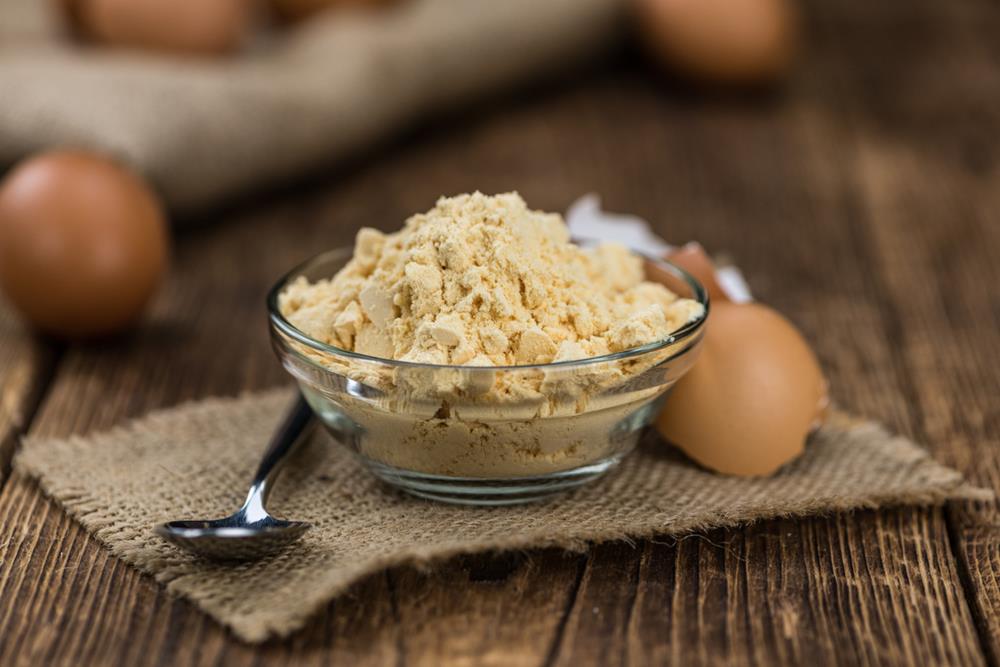
When it comes to nutrition, both dried and powdered eggs retain most of the essential nutrients found in fresh eggs, though some vitamin loss—particularly in heat-sensitive nutrients—can occur during the dehydration process.
Whole egg powder offers a well-balanced mix of protein, healthy fats, and essential vitamins, making it a solid all-around substitute for fresh eggs.
Egg white powder is high in protein and low in fat and calories, making it ideal for those following high-protein or low-fat diets.
Egg yolk powder is rich in fats and fat-soluble vitamins like A, D, E, and K, offering a concentrated source of nutrition for recipes that benefit from added richness.
Both dried and powdered egg products have long shelf lives, with freeze-dried powdered eggs often lasting the longest due to more advanced preservation methods.
Whether you're building a long-term food supply or looking for convenient cooking alternatives, these products offer dependable, nutrient-rich options with excellent storage potential.
Convenience and Versatility in Cooking
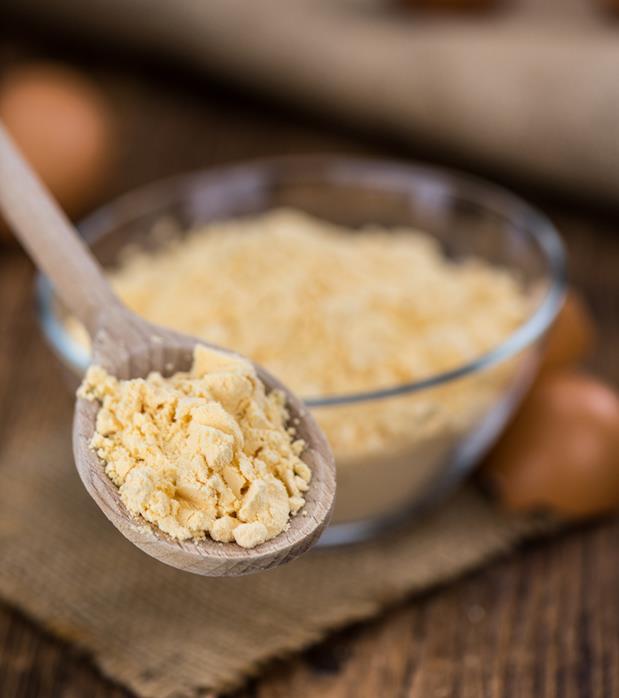
Dried and powdered eggs offer exceptional convenience, especially for those who use eggs infrequently, are stocking up for emergencies, or need lightweight, non-perishable ingredients for travel or outdoor activities.
Powdered eggs are highly versatile, easily replacing fresh eggs in a wide range of recipes—from baked goods and omelets to sauces and custards. Just mix with water, and they’re ready to use.
Whole egg powder provides the full nutritional value of a fresh egg and works well in most general cooking applications.
Egg white powder is perfect for recipes that require whipping, such as meringues or angel food cakes.
Egg yolk powder adds richness to sauces, dressings, and baked items.
One of the biggest advantages? No refrigeration required. Powdered eggs are easy to store and transport, making them ideal for camping, backpacking, or emergency food kits.
Their long shelf life, combined with ease of use and cooking flexibility, makes dried and powdered eggs a smart addition to any pantry. Preppers often include freeze-dried fruits and vegetables in their food supplies due to their retained nutrients and lightweight nature, which complements the convenience of powdered eggs in emergency meal planning.
Shelf Life and Storage Considerations
When it comes to storing dried and powdered eggs, proper storage is essential to preserving their long shelf life and ensuring safety.
Dried eggs typically last 5 to 10 years when stored in ideal conditions.
Powdered eggs, especially freeze-dried varieties, can last up to 25 years with proper storage.
To maximize longevity:
Store in a cool, dry, and dark place, away from direct sunlight and humidity.
Use sealed Mylar bags with oxygen absorbers for long-term storage—this significantly extends shelf life compared to regular plastic packaging.
After opening, transfer contents to airtight containers to prevent moisture exposure and spoilage.
Quick Reference:
Dried eggs: 5–10 years
Powdered eggs: Up to 25 years
Mylar bags with oxygen absorbers: Recommended for long-term storage
Airtight containers: Essential after opening
By following proper storage practices, you can ensure your egg products stay fresh, safe, and ready to use whenever you need them.
Taste and Texture Differences
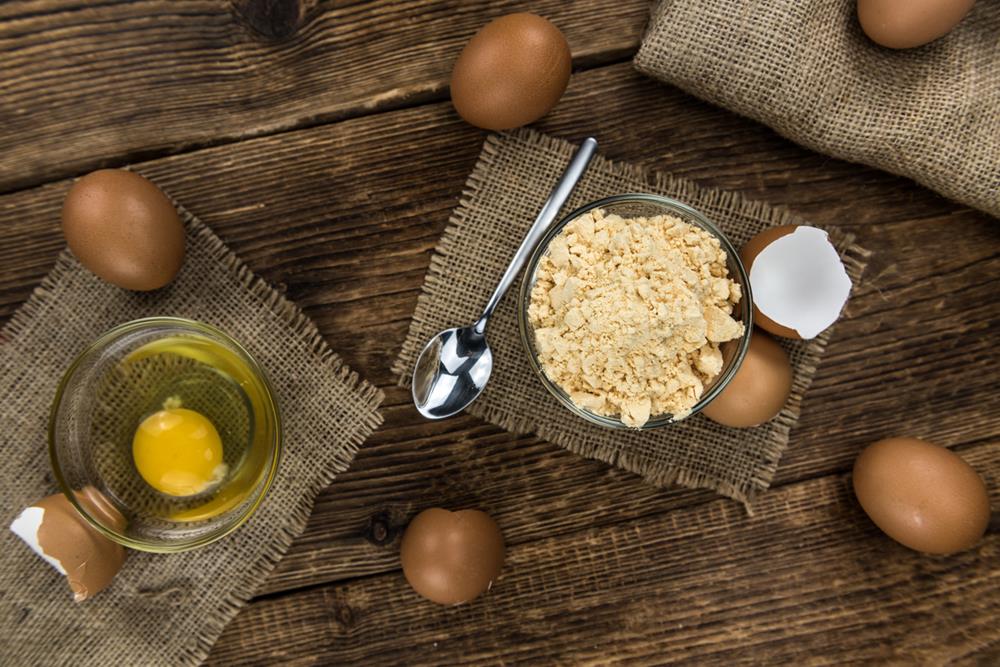
While shelf life and storage are important factors, taste and texture often make the biggest difference when choosing between dried and powdered eggs.
Dried eggs tend to have a more concentrated, slightly cooked flavor due to the dehydration process, which may not perfectly mimic fresh eggs in all recipes. In contrast, high-quality powdered eggs—especially freeze-dried options like OvaEasy—often deliver a taste much closer to fresh eggs, making them more appealing for everyday use.
When it comes to texture:
Freeze-dried egg powder rehydrates into a light, fluffy consistency, ideal for delicate dishes like soufflés, meringues, and scrambled eggs.
Whole egg powder, when reconstituted properly, offers a texture that closely replicates fresh eggs in both cooking and baking.
In baking, powdered eggs generally help maintain structure, moisture, and rise, while improperly mixed or lower-quality dried eggs can lead to denser or heavier results.
Ultimately, for recipes where taste and texture are key, investing in higher-quality powdered eggs can make a noticeable difference.
Cost-Effectiveness and Budget Considerations
Both dried and powdered eggs offer long-term value, but their cost-effectiveness can vary based on your needs and usage.
Dried eggs often come with a higher upfront cost, but their long shelf life and reduced spoilage make them a smart investment for long-term food storage.
Powdered eggs tend to be more affordable when purchased in bulk, making them ideal for those who use eggs occasionally or want a budget-friendly emergency supply.
Key Points to Consider:
Dried eggs: Higher initial price, but excellent for extended storage.
Powdered eggs: Cost-effective in bulk; suitable for infrequent use or emergency kits.
Shelf life: Powdered eggs can last from several months to up to 25 years, depending on type and storage conditions—minimizing waste and replacement costs.
Budget-friendly brands: Options like Judee’s Dried Whole Egg Powder offer good quality at a lower price point.
Evaluating both cost and shelf life can help you choose the most practical option for your pantry or preparedness plan.
Choosing the Right Option for Your Needs
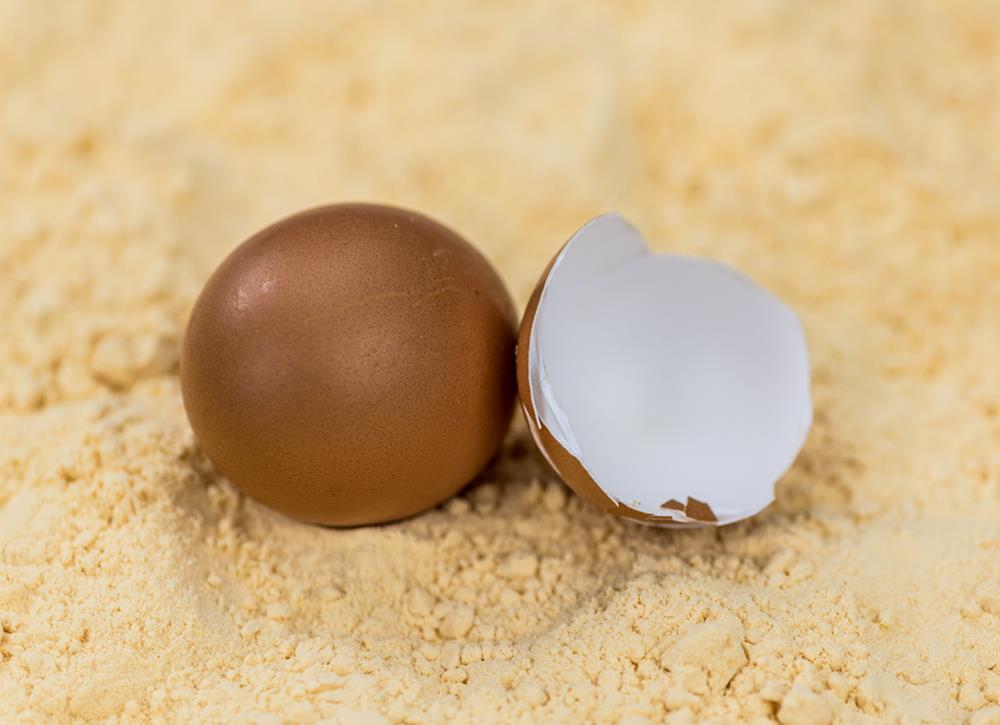
So, how do you choose between dried and powdered eggs? It all comes down to your goals and how you plan to use them.
If long-term storage is your priority, powdered eggs are the clear winner, offering a shelf life of up to 25 years when properly sealed. They're compact, lightweight, and ideal for emergency kits, prepping, or off-grid living.
When it comes to everyday cooking and baking, powdered eggs also offer greater versatility and consistency. They rehydrate easily and often produce a lighter texture, making them well-suited for everything from omelets to cakes.
Dried eggs, while still nutritious and convenient, generally have a shorter shelf life and may not deliver the same texture or ease of use in recipes.
In short, if you value flexibility in the kitchen and maximum shelf life, powdered eggs are your best bet. Consider how you’ll use them and choose the option that best fits your cooking habits and storage needs.

